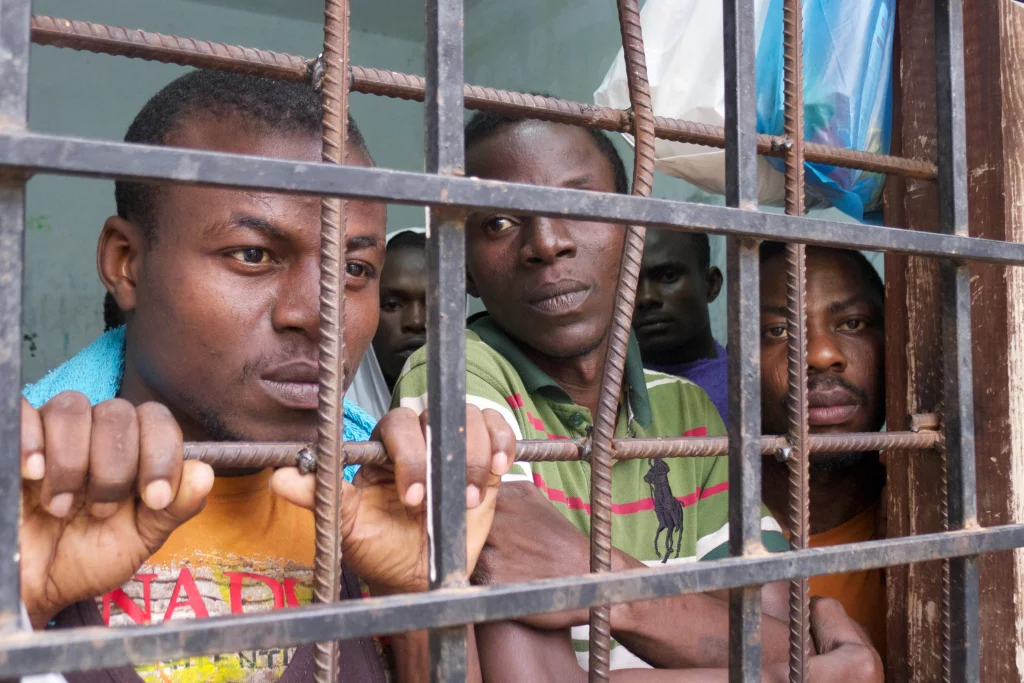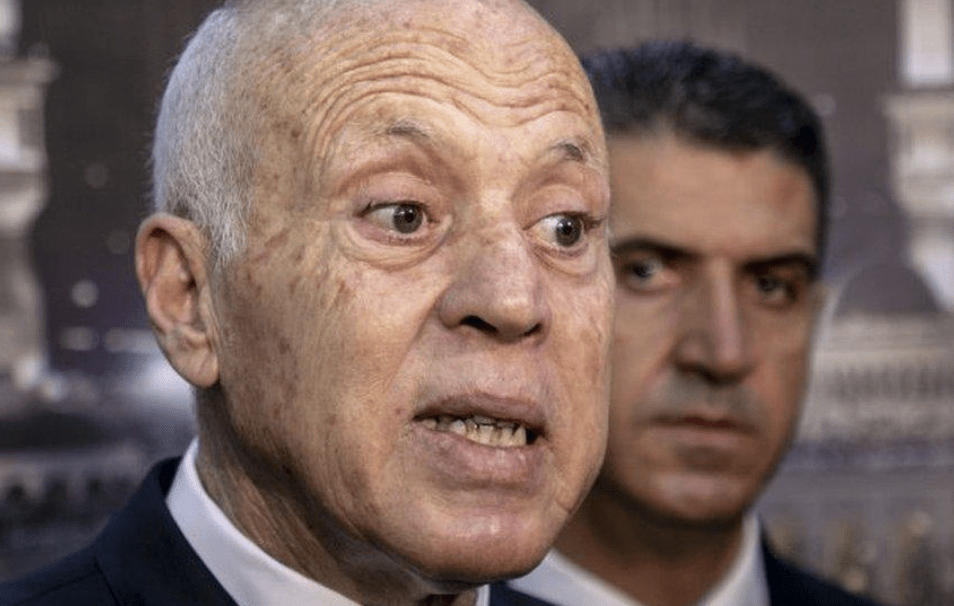Libya: Activist says he saw suspected war criminal kill people

An activist has said he saw suspected Libyan war criminal, Osama “Al Masri” Njeem, kill people, in the latest eyewitness evidence to emerge.
Al Jazeera reported on February 13th the story of David Yambio, president of the NGO Refugees in Libya who was held in migrant detention centres operated by the Special Defence Forces (SDF) and governed by Al Masri, the Chief of Judicial Police in Libya and alleged war criminal.
Njeem was arrested in Turin, Italy on January 19th before being released and flown home on an Italian state aircraft.
The reason for his release by the Italian state is murky. Whilst the Interior Minister Matteo Piantedosi told the senate Al Masri was released because he was a danger to Italian society, a week later the justice minister said his release was due to a legal technicality.
The International Criminal Court (ICC) have levelled a plethora of charges, including murder, torture, war crimes, rape and other crimes against humanity – all of which gain further legitimacy after Yambio’s claims.
Yambio had fled South Sudan after being forced to be a child soldier, making his way to Libya in the hope of transport to Europe. Instead, he was captured in November 2019 by the Libyan Coastguard and “sold” into the prison network before landing in the al-Jadida facility in Tripoli.
At al-Jadida, Yambio reports beatings, ill-treatment and slave labour before adding that every two days. “days they would line us up in our thousands [for a head count] and, when he would visit, al-Masri would walk down the line, picking out people to beat, either with a metal tube or with the handle of his pistol. Sometimes he would enter the cells where people were sleeping and beat them with a metal or plastic pipe,” reported by Al Jazeera.
Following the stint at al-Jadida, in March Yambio was selected to be transferred to Mitiga to fight in one of Njeem’s militias after the outbreak of conflict between the eastern and western conflicts. Yambio claims that migrants were being used as slave soldiers and human shields to propel the eastern forces.
He describes the abuses that took place at Mitiga: “We watched them being escorted into the interrogation rooms, where they would be beaten, electroshocked, have their fingers cut off, or forced into barrels of water and held under,” he said of the methods being used against both Libyan and migrant prisoners at Mitiga.
“I saw him kill people,” Yambio added flatly. “One time, two people tried to escape…Mitiga. Al-Masri had us line up as he shot one. I had the blood on my body.”
Al Jazeera contacted both the Libyan Justice Ministry, its Judicial Police, and the Italian government for comment but none had responded by the time of publication.
Italy provides funding to the Libyan authorities as part of agreements made between the two parties to reduce the flow of migrants from northern Africa into Italy. This relationship, and by extension the relationship with the EU and Libya, has been condemned by aid agencies and rights groups with Yambio saying, “there is no way that the Italian government can say it does not know about the murder, abuse and terrorism it is supporting.”
Yambio’s story follows a devastating, but not unusual, story of a migrant or refugee in Africa. There have been several migrant boat capsizes in recent weeks, as reported by Maghrebi.
On February 7th, Libyan authorities also uncovered around 50 bodies from two mass graves where the victims are thought to be migrants attempting to travel to Europe via Libya.
The plight of a migrant in Africa, particularly in the northern states of Libya and Tunisia are generating more media attention following the release of Njeem, but without a stable government in Libya to enforce human rights, and with the support of the Italian government, it is unlikely that anything will change in the near future.
Al Jazeera, Maghrebi
Want to chase the pulse of North Africa?
Subscribe to receive our FREE weekly PDF magazine














